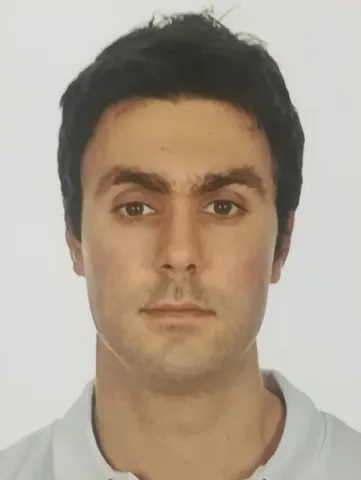About the project
This project aims to develop novel fibre lasers where the interaction among spatial modes is the keystone to achieve light generation over a wide spectral bandwidth, well beyond what is possible with current fibre laser technology.
Multimode optical fibres have recently emerged as a promising breakthrough technology to boost the data transmission speed of the Internet network to unprecedented levels. In these fibres each spatial mode carries an independent data channel, and the interaction (cross-talk) among different modes is a problem to avoid.
You will work at the Optoelectronics Research Centre of the University of Southampton, in the Multimode Photonics Group led by Dr. Massimiliano Guasoni. Visits to our academic partners at the University La Sapienza of Rome, Italy, are envisaged.
You will acquire a broad set of skills: from the theoretical understanding of fibre lasers, up to the numerical design of fibre lasers via computational tools and experiments carried out on multimode fibres fabricated in the cleanrooms of the University of Southampton. You will have access to some among the best equipped laboratories and nanofabrication research facilities in the world, and to one of the most powerful supercomputers in UK.
You will directly interact on a daily basis with world-leading scientists at the ORC that are revolutionising the field of photonics, and you will have the opportunity to engage with several ORC industrial partners to increase the impact of your work. Furthermore, you will present your work both in leading academic journals and in oral presentations at the most renowned conferences all over the world, which will allow you to engage with and learn from the best researchers worldwide.
In the first year of your PhD, a structured training program will run along with the research project, which will allow a gradual transition from a taught degree to independent research.
For all these reasons, at the end of your PhD you will be ready to undertake a successful career as a top research scientist or business leader both in academia and in industry. Many former PhD graduates at the ORC have become academic or industry leading scientists.
The Optoelectronics Research Centre is committed to promoting equality, diversity, and inclusivity, as demonstrated by the school’s Athena Swan award. We welcome all applicants regardless of their gender, ethnicity, disability, sexual orientation or age. We take personal circumstances into account, and will give full consideration to applicants seeking to study part time. The campus has onsite childcare facilities.

